1. Introduction to Steel Poultry House
Steel poultry houses have revolutionized the poultry farming industry by providing durable, efficient, and cost-effective housing solutions for raising poultry. Constructed primarily using steel frames and panels, these structures offer superior strength, longevity, and protection compared to traditional wooden or brick poultry sheds.
Steel poultry houses are designed to create a controlled environment that maximizes poultry health, welfare, and productivity. Their prefabricated components allow quick assembly and flexible design options to suit various farming scales and climatic conditions.
As the demand for sustainable and scalable poultry farming grows, steel poultry houses have become the go-to solution for commercial farms, breeder operations, and small-scale poultry keepers alike. Their resistance to pests, fire, and weather conditions combined with excellent ventilation systems makes them ideal for modern poultry production.
2. Technical Specifications and Parameters
Steel poultry houses come in diverse sizes and configurations, customized to meet specific farm requirements. Here are the typical specifications:
2.1 Structural Components
Frame Material: Galvanized or stainless steel, often Q235 or Q345 grade steel
Frame Thickness: 1.5mm to 3mm steel sheet depending on load requirements
Wall Panels: Insulated sandwich panels (polyurethane, EPS, or rock wool core) or coated steel sheets
Roof Panels: Insulated or corrugated galvanized steel sheets with anti-corrosion coating
Dimensions:
2.2 Environmental Control Systems
Natural and mechanical ventilation (ridge vents, sidewall vents, exhaust fans)
Temperature regulation using insulation and climate control systems
Lighting: natural light panels or LED lighting systems
Doors and windows: sliding, hinged, or mesh options for airflow and biosecurity
2.3 Load and Durability Parameters
Designed to withstand wind loads up to 120 km/h or higher
Snow load capacity up to 0.5 kN/m² (customizable based on region)
Corrosion resistance via galvanization and powder coating
Fire resistance rating per local building codes
2.4 Optional Equipment
Automatic feeding and watering systems
Environmental monitoring sensors (temperature, humidity, CO2)
Biosecurity installations (footbaths, disinfection chambers)
Internal partitions for flock separation
3. Features of Steel Poultry House
3.1 Robust and Long-Lasting Construction
The galvanized steel framework ensures exceptional strength and resistance to weather, pests, and fire. The materials are engineered for durability and minimal maintenance.
3.2 Efficient Assembly and Modular Design
Prefab components allow for rapid on-site assembly and easy expansion. Modular design makes scaling your poultry operation simple.
3.3 Superior Environmental Control
High-quality insulation panels combined with advanced ventilation systems maintain optimal conditions for poultry health.
3.4 Enhanced Biosecurity
Steel surfaces and designs facilitate thorough cleaning and disinfection, reducing disease risks.
3.5 Customizable Layouts
Available in various sizes and configurations to suit broiler farms, layer houses, breeder farms, and more.
4. Advantages of Steel Poultry House
4.1 Cost-Effectiveness
Though initial costs may be higher than traditional materials, the longevity and low maintenance requirements save money in the long run.
4.2 Speed of Construction
Prefabricated components drastically reduce build time, allowing faster farm setup and quicker production cycles.
4.3 Better Poultry Health and Productivity
Controlled temperature, ventilation, and lighting improve poultry comfort, growth rates, and egg production.
4.4 Resistance to Pests and Fire
Steel is non-combustible and resistant to rodents and termites, enhancing safety and reducing damage.
4.5 Energy Efficiency
Insulated panels reduce heating and cooling costs, contributing to sustainable farming.
4.6 Scalability and Flexibility
Modular design allows easy farm expansion and layout reconfiguration as needed.
5. Applications of Steel Poultry House
5.1 Commercial Broiler Farms
Ideal for intensive broiler production requiring rapid growth cycles and efficient environmental control.
5.2 Layer Hen Operations
Designed with adequate space, lighting, and ventilation for optimal egg-laying conditions.
5.3 Breeder Farms
Customized internal structures for mating, hatching, and brooding activities.
5.4 Free-Range and Organic Poultry
Steel houses provide secure shelter integrated with outdoor runs.
5.5 Research and Experimental Farms
Quick assembly and flexibility benefit research operations requiring changing layouts.
5.6 Small and Medium Scale Farms
Cost-effective and scalable solutions for diverse poultry farming needs.
6. Installation and Usage Guidelines
6.1 Site Preparation
Level and compact the ground
Prepare concrete foundations or footings per structural design
Ensure access for delivery and assembly equipment
6.2 Assembly Steps
Unpack and inspect all prefab parts
Assemble steel frame structure with bolted or welded connections
Install wall and roof panels securely
Set up doors, windows, and ventilation components
Connect utilities (water, electricity) and install optional equipment
6.3 Environmental Setup
Test ventilation and heating/cooling systems
Adjust lighting and feeding equipment
Ensure drainage and waste management systems are operational
6.4 Best Practices During Operation
Maintain strict hygiene and disinfection routines
Monitor environmental conditions daily
Follow recommended stocking densities to prevent overcrowding
Schedule regular structural inspections and maintenance
7. Maintenance and Longevity
7.1 Routine Inspection
Check steel frames and panels for signs of corrosion or damage
Inspect seals, joints, and fasteners for integrity
Test ventilation and environmental control equipment
7.2 Cleaning
Use appropriate cleaning agents compatible with steel and panel materials
Remove dust, droppings, and organic matter regularly
7.3 Repairs and Upgrades
Address coating damages promptly to avoid rust
Replace worn or damaged panels quickly
Upgrade environmental systems to maintain optimal conditions
8. Frequently Asked Questions (FAQs)
Q1: How quickly can a steel poultry house be constructed?
Typically, 1 to 4 weeks depending on size and site conditions, much faster than conventional methods.
Q2: Can steel poultry houses be customized?
Yes, they can be tailored to any size, layout, insulation level, and equipment needs.
Q3: Are steel poultry houses suitable for extreme climates?
Yes, with insulated panels and ventilation systems, they maintain stable internal environments year-round.
Q4: What is the expected lifespan of a steel poultry house?
With proper maintenance, 20 to 30 years or more.
Q5: How do steel poultry houses help in biosecurity?
Smooth steel surfaces are easy to clean and disinfect, lowering disease risk.
Q6: What kind of flooring is recommended?
Concrete slabs with proper drainage are standard; some farms use raised flooring depending on design.
Q7: Are steel poultry houses energy-efficient?
Yes, insulated panels reduce heating and cooling costs significantly.
Q8: Can these houses be expanded?
Yes, modular design allows easy addition of sections to scale production.
9. Conclusion
Steel poultry houses provide a reliable, efficient, and future-proof solution for modern poultry farming. Their durability, rapid assembly, superior environmental control, and adaptability make them ideal for farms of all sizes. Investing in steel poultry housing ensures better animal welfare, improved productivity, and long-term operational savings. Whether for broilers, layers, breeders, or organic poultry, steel poultry houses stand out as a sustainable choice in the evolving agriculture landscape.
Company Profile
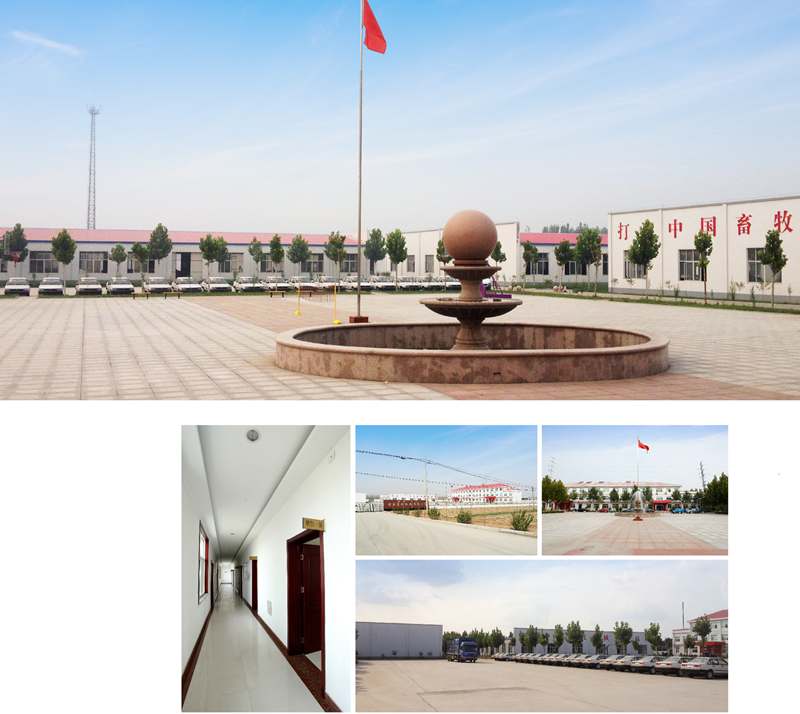
Shandong Huimin Qinle Livestock Machinery Co., Ltd. (formerly Shandong Huimin Qinle Livestock Machinery Factory) is a professional poultry equipment manufacturer with over 20 years of experience. We offer a comprehensive service package, from design (land and chicken coops), production (equipment and prefabricated steel coops), installation, commissioning, customer training, and after-sales service.
Located in Huimin County, Binzhou City, Shandong Province, China, the company has extensive experience in mechanical processing and manufacturing, as well as livestock machinery production and operation. With fixed assets of RMB 15 million, the company employs 160 people, including 30 R&D staff, and occupies a 40,000-square-meter factory. Equipped with over 110 pieces of advanced precision production equipment, including CNC machining centers and laser cutting machines, the company boasts a production capacity of RMB 50 million.
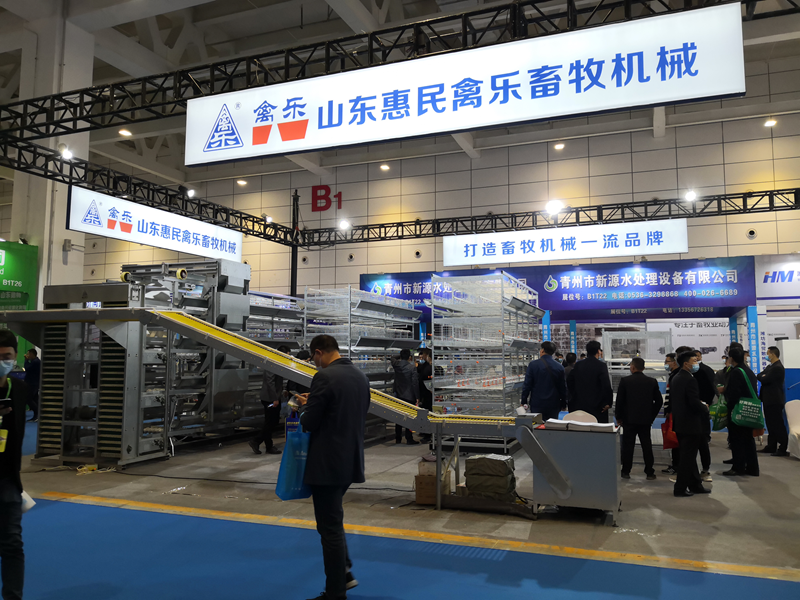
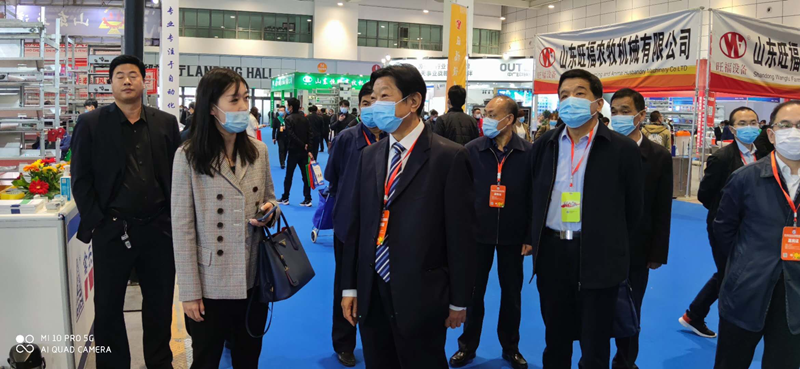
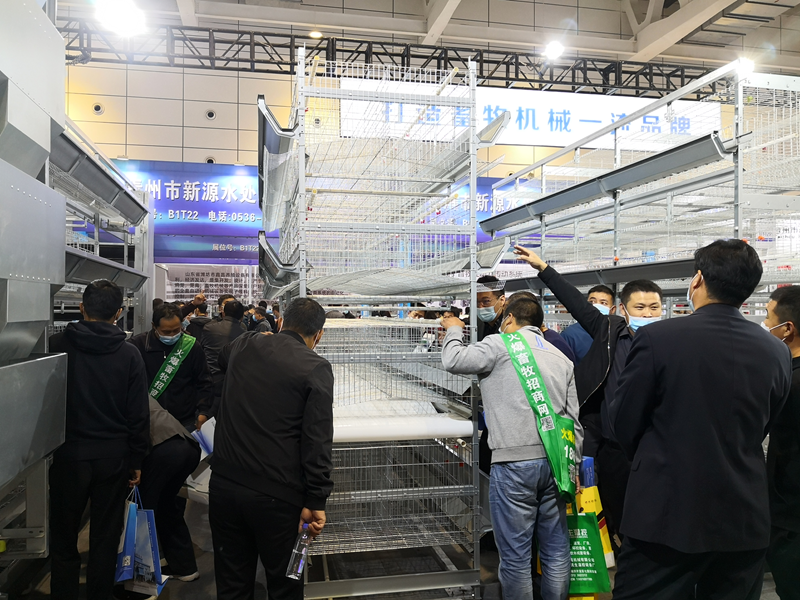
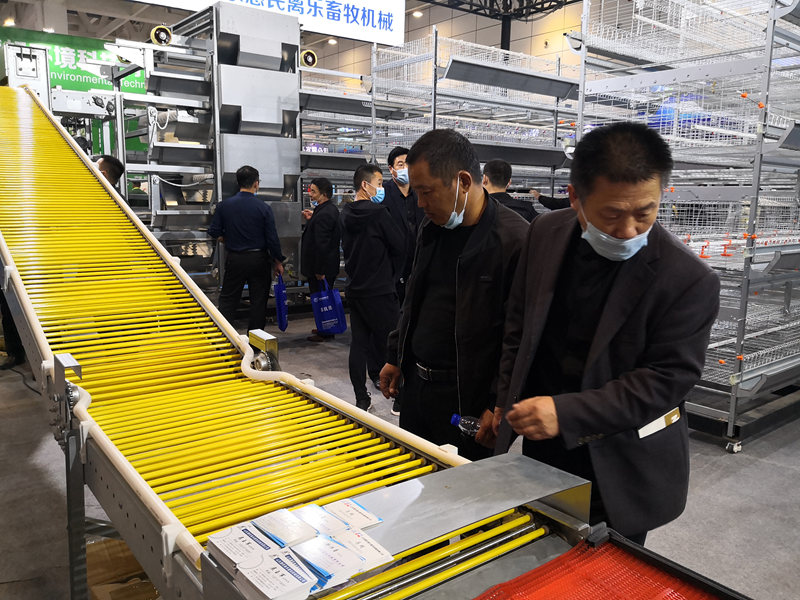
Chicken Farming Equipment Mesh Production Workshop

Machining Workshop
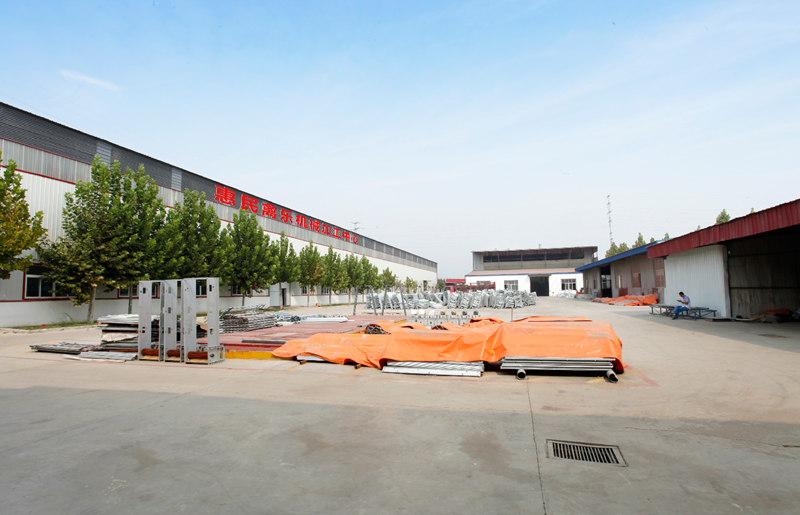
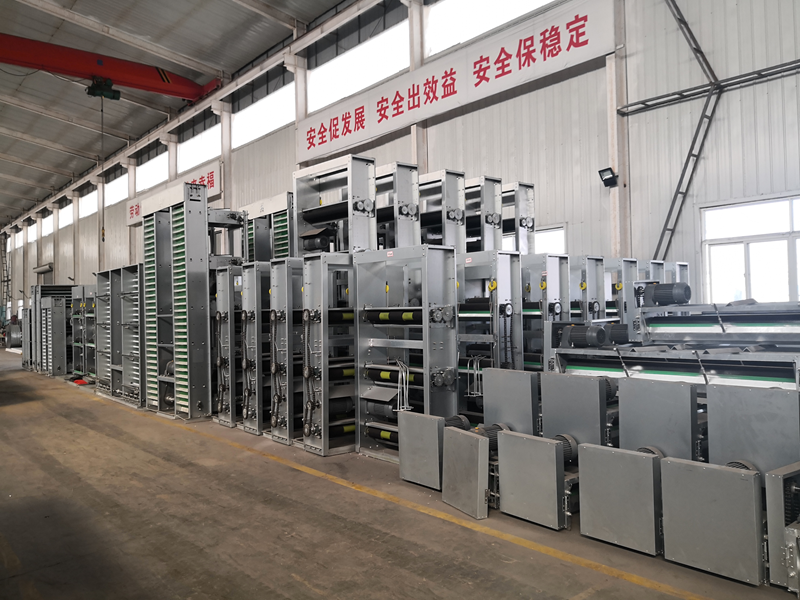
Turret-type CNC Punch Press, Laser Cutting and Other Machining Equipment
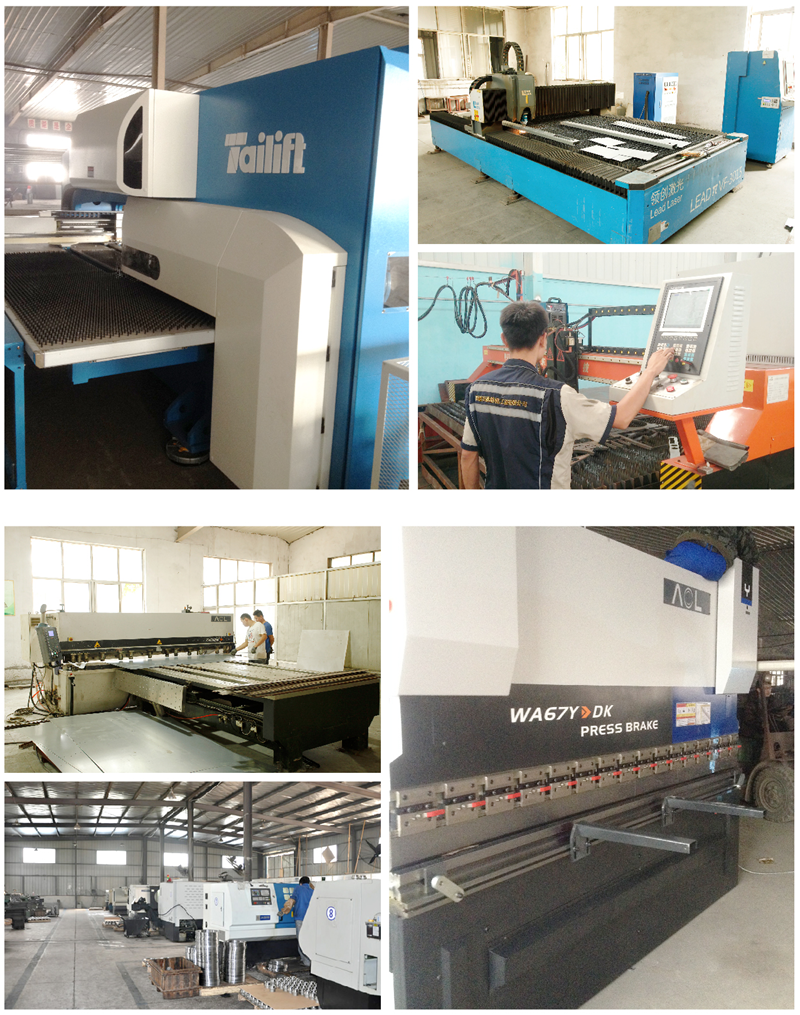
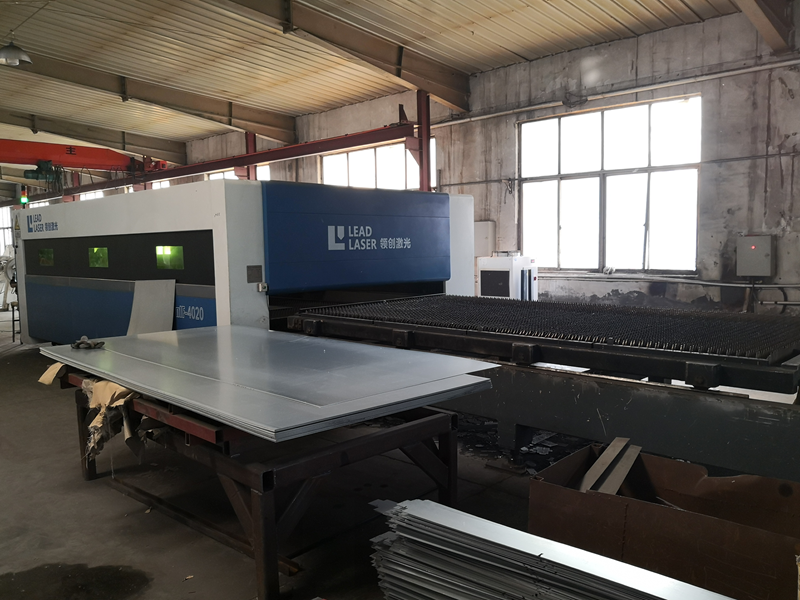

Fully Automated Roll Forming Production Line

Hot-dip Galvanizing Production Line

Electroplating Production Line
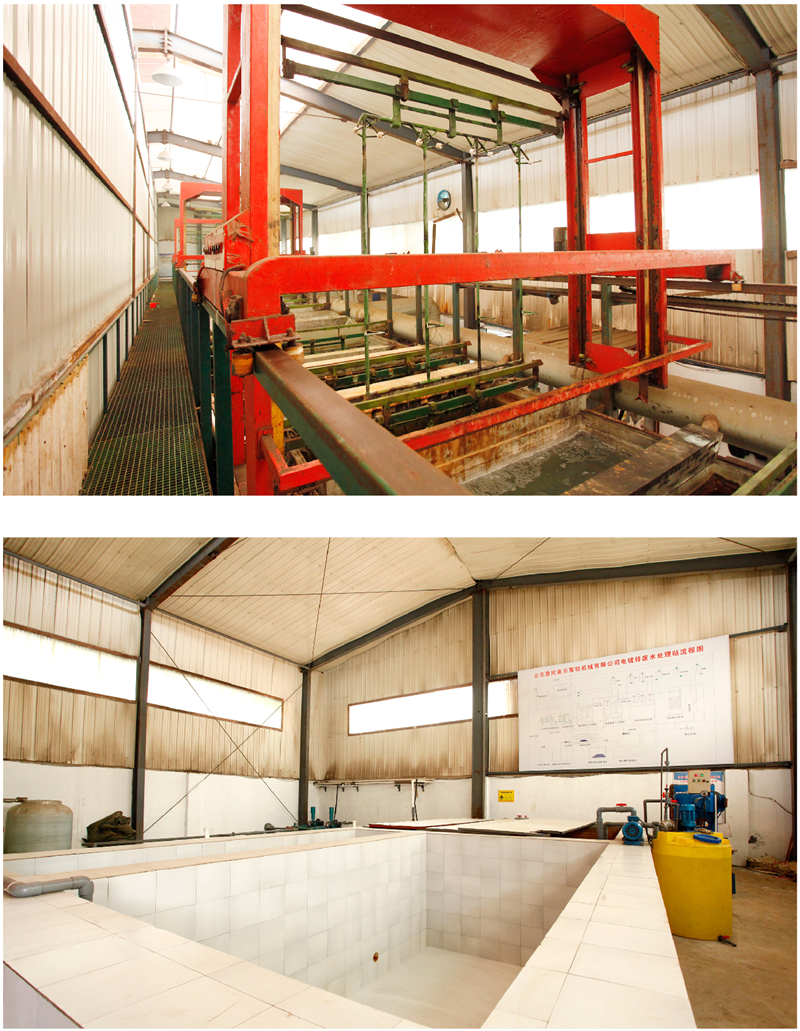
Environmental Protection Equipment
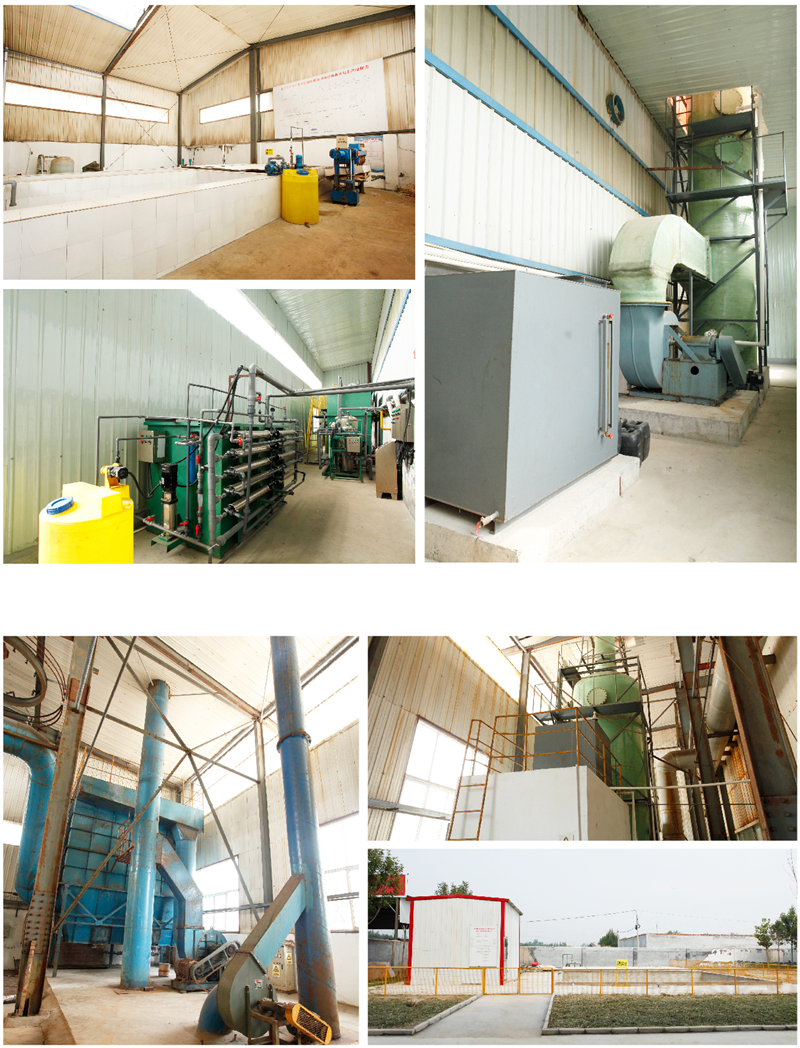
Chicken Farming Equipment Product Series
Egg-laying Hen Farming Equipment
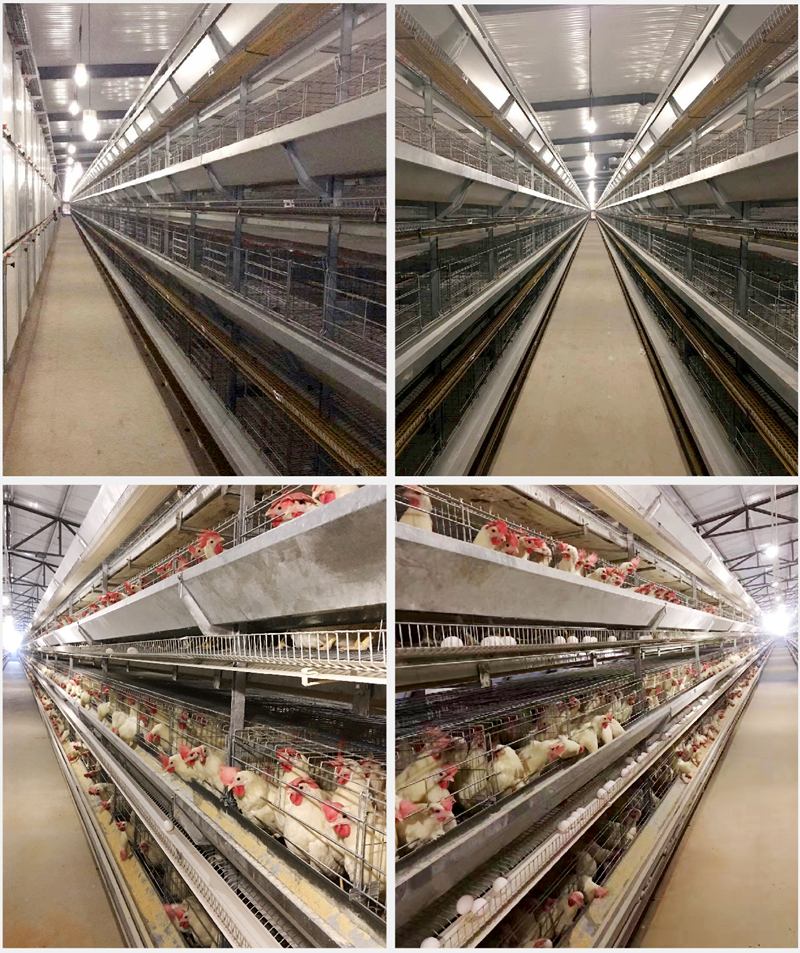
Stacked Brooding Cage Equipment

Stacked Broiler Cage Equipment
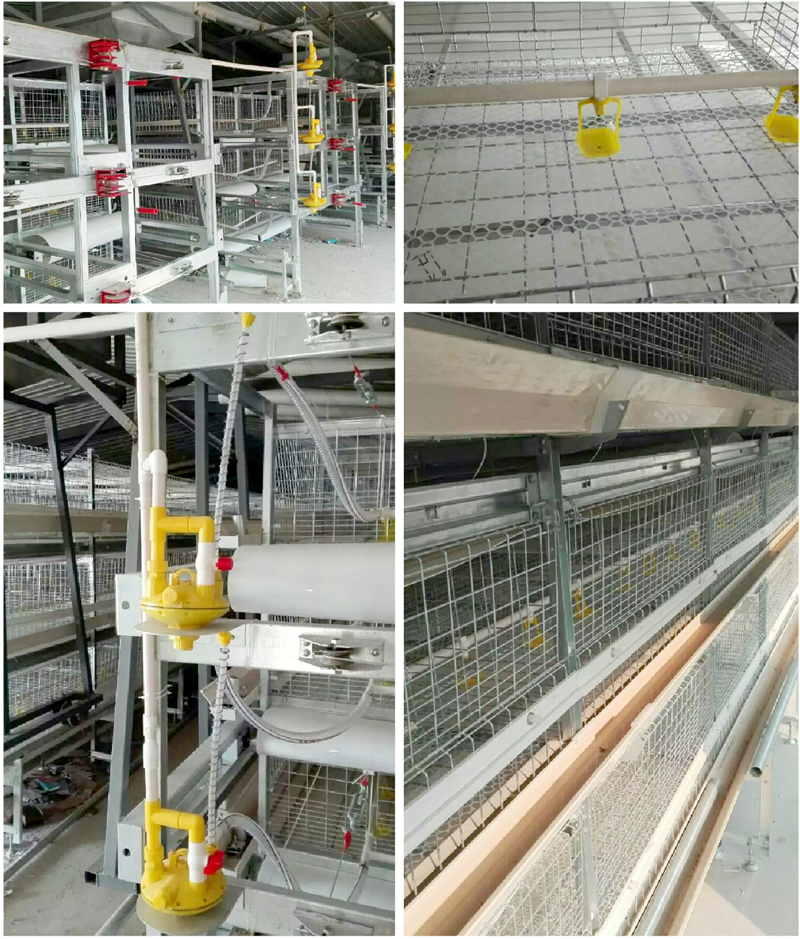
Stepped Layer Hen Cage Rearing Equipment
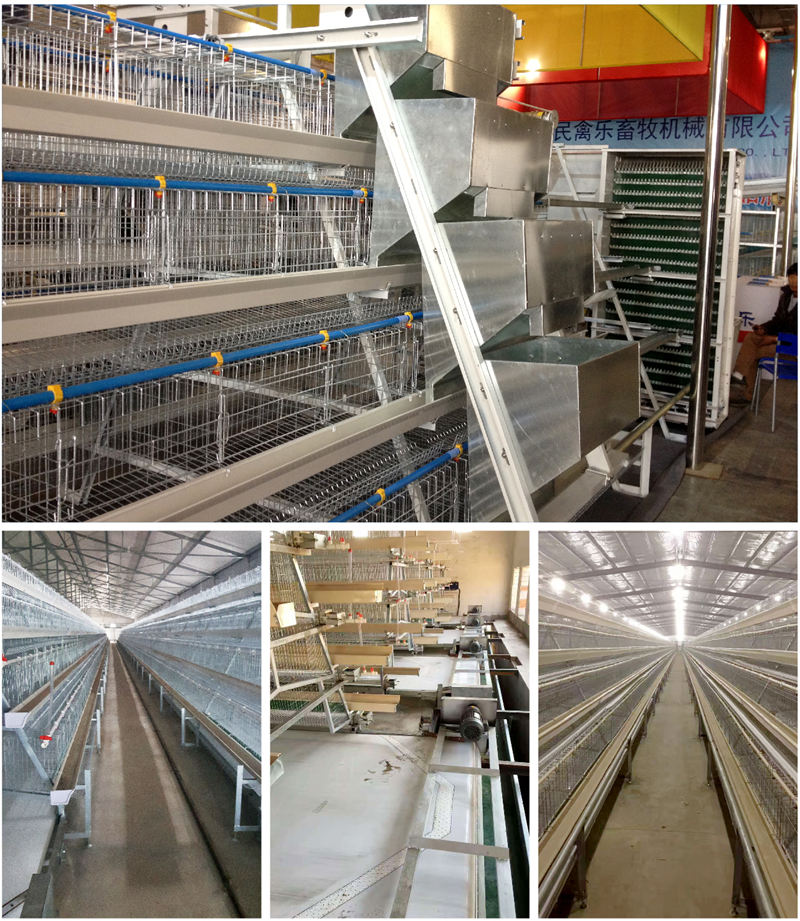
Automatic Egg Collection System
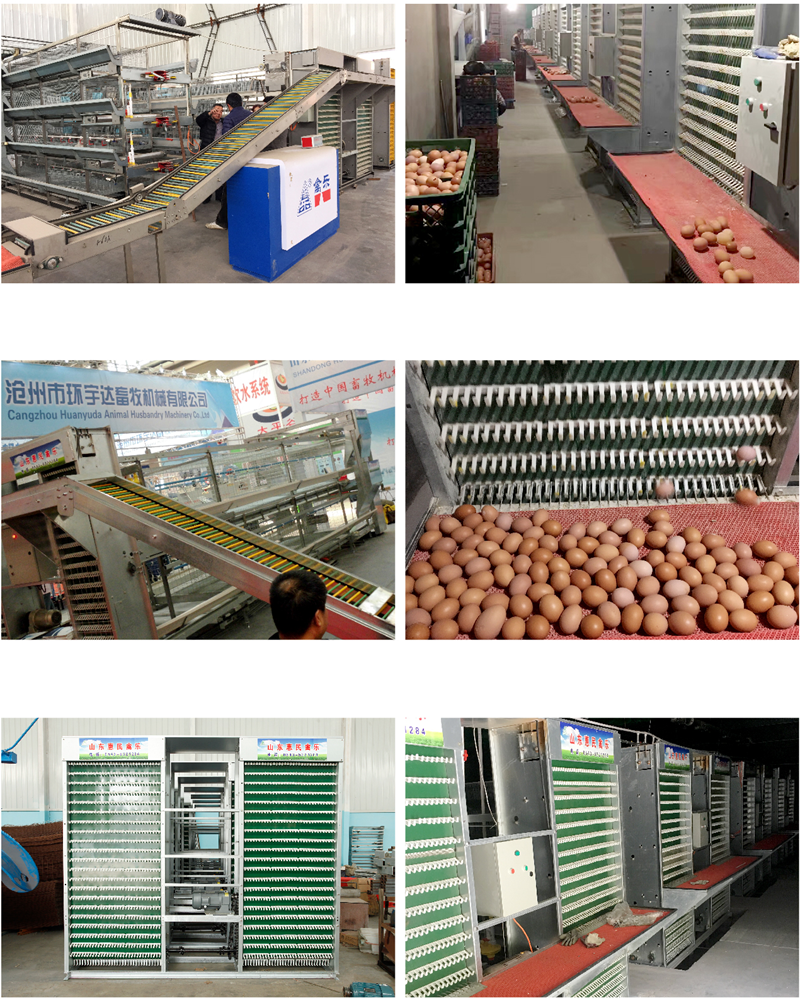
H-type Cage Feeding Machine
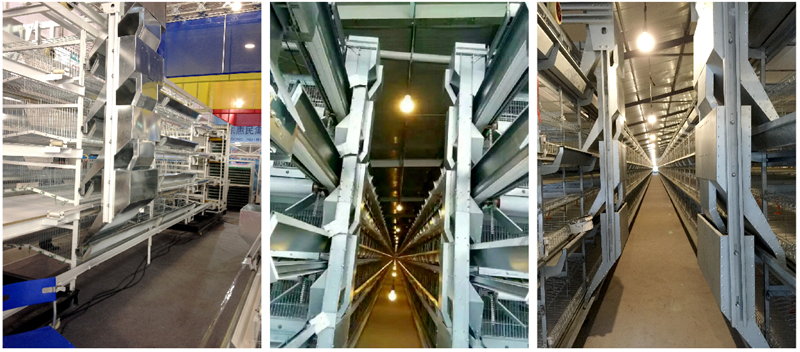
Stepped Cage Straddle Feeder
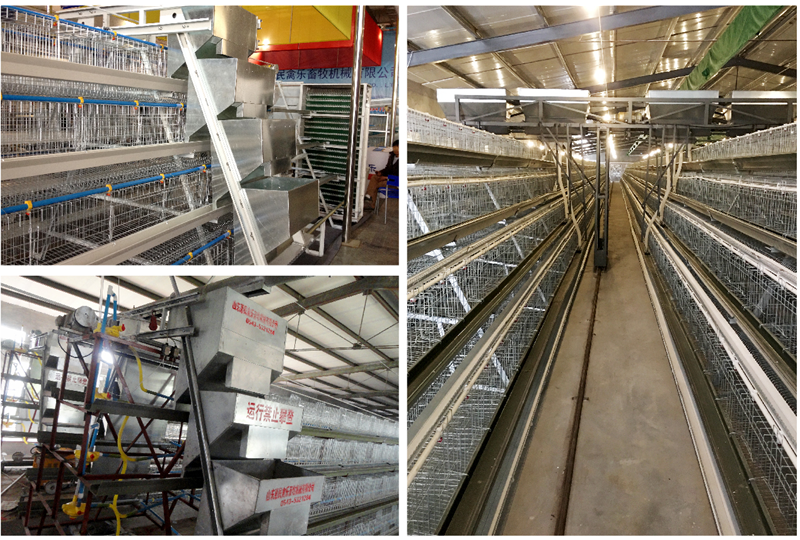
Manure Removal Machine
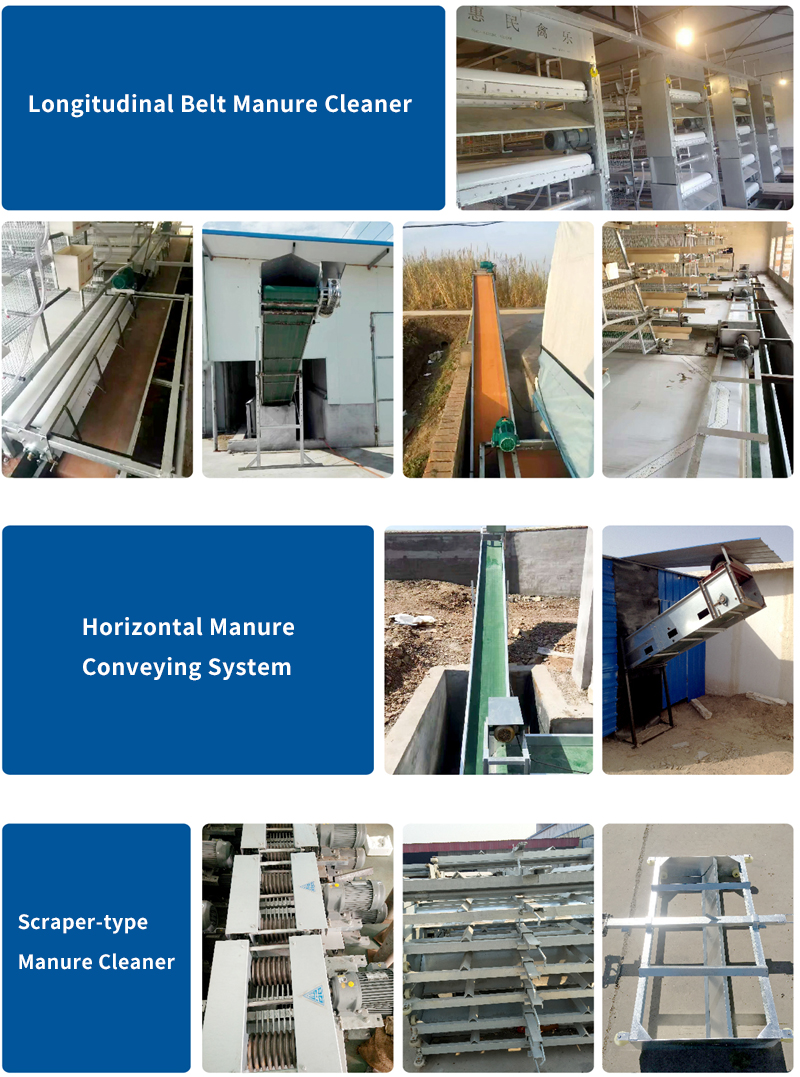
Fans, Heated Curtains, Environmental Control Systems, and Lighting Equipment
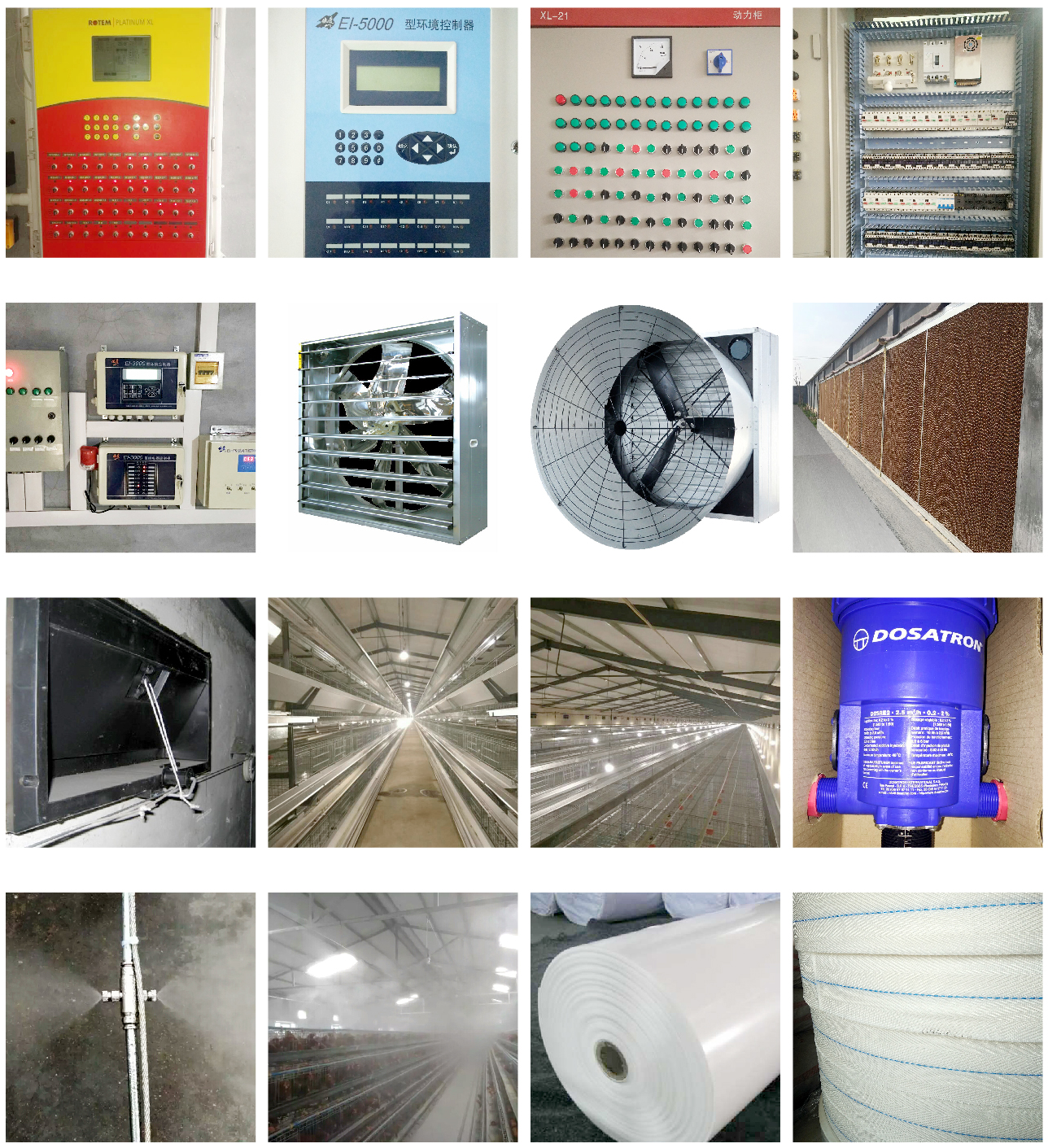
Complete Set of Equipment for Organic Fermentation Treatment of Manure
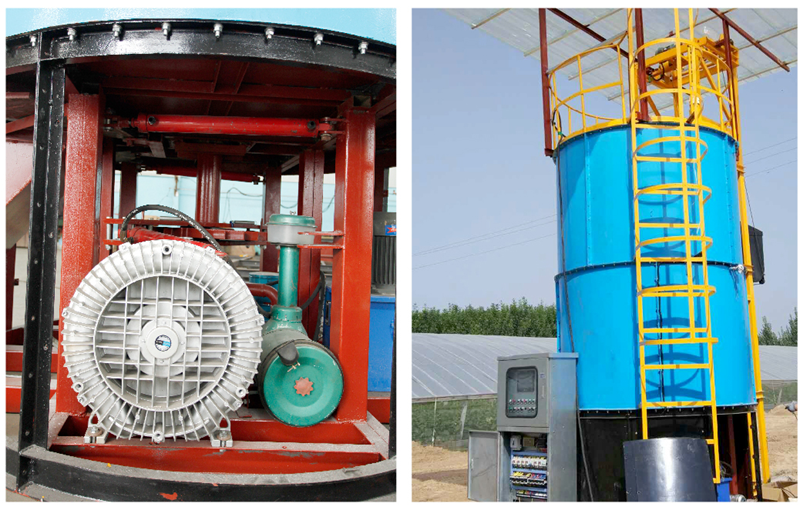

 Catalogue
Catalogue






























 WhatsApp
WhatsApp Phone
Phone